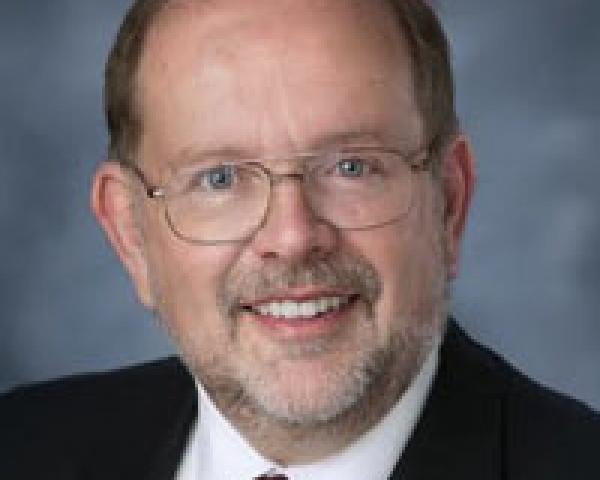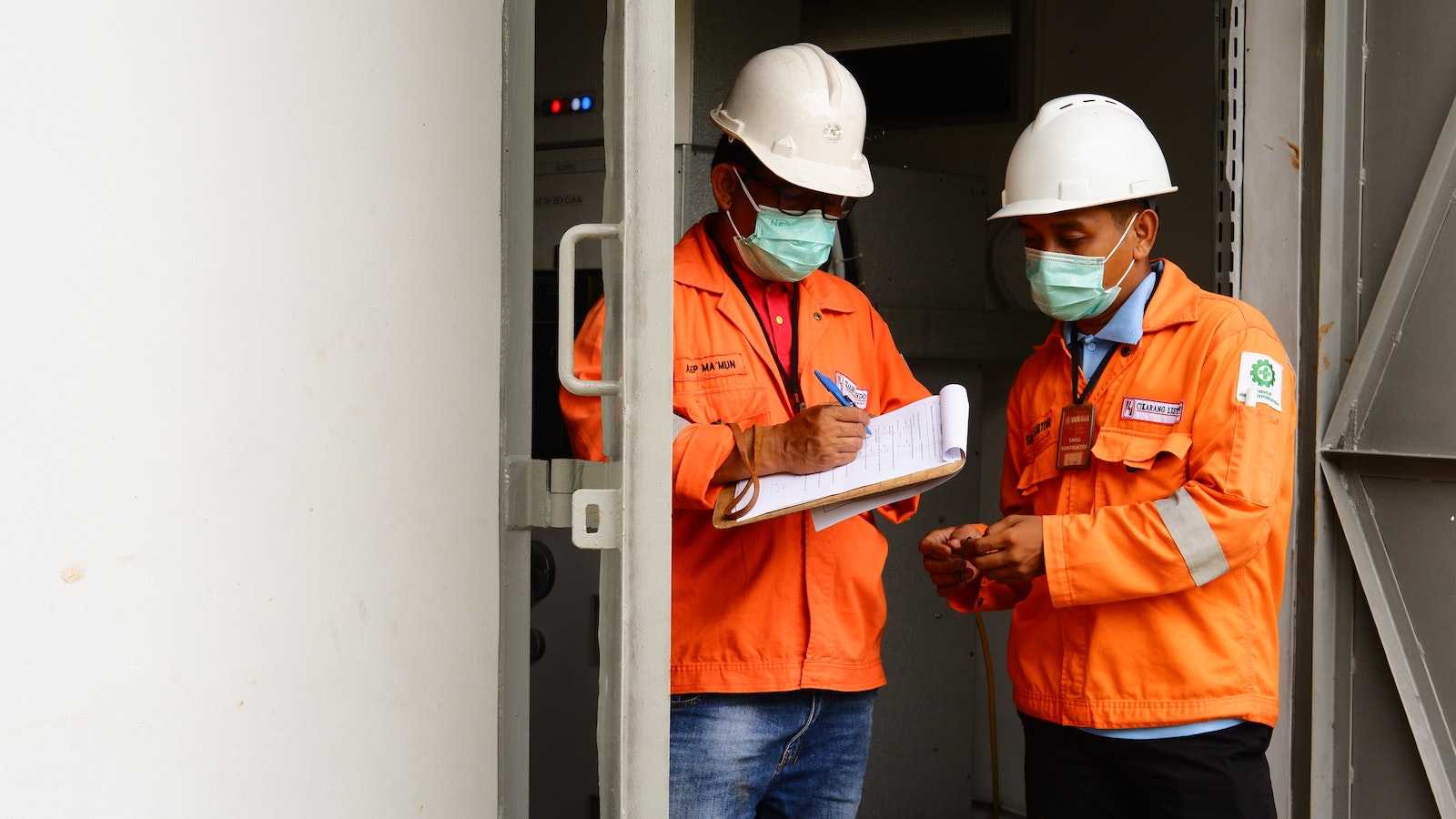“Existential” is a word used far more often than it should be these days. Its importance has been diluted with its too easy and too frequent use as an adjective to assign far greater weight to events, people or things than are deserved. And yet, this is the adjective most often used when considering the COVID-19 pandemic and the response of governments in the U.S. to the many problems associated with it.
As stated by Joshua Raymond Muhumuza in his blog post, COVID-19 nudges us to rethink our approach to the existential threats of our time (April 28, 2020), Cornell University Alliance for Science:
“The world as we knew it ended a few months ago. What we have now is a seemingly alien muddle that we are all trying to make sense of. Aside from occasioning an unprecedented global public health crisis, COVID-19 is a not-so gentle nudge for humanity to rethink—and maybe reset— several things pertinent for our very existence.”
This is not an unreasonable characterization. The loss of life is tragic. The harm caused to families, whether directly through illness or loss of life, or due to the staggering effects on the American economy, deserves sympathy, compassion and remediation. The harm goes well beyond the physical effects of COVID-19.
But this commentary – repeated in one form or another in publications and broadcasts and across the Internet – is also lacking in context. This is not the first pandemic the world has ever faced. In fact, it is not even the first pandemic of this century, which began only 20 years ago. Under the microscope that exists today, the lack of preparation of both the public and private sectors is appalling, but also not unprecedented. In 2009, the California Nurses Association/National Nurses Organizing Committee (CNA/NNOC) and its 16,000 members were preparing for a one-day strike at 34 hospitals in California and Nevada in part due to lack of preparation, including access to adequate personal protective equipment (including N95 masks), for the H1N1 pandemic. The strike was averted. (See: here)
Nurses figure prominently in the current pandemic crisis and the public policy debate regarding how the workers’ compensation system is to respond. This debate is the focus of legislative and regulatory action nationwide. In California, Assembly Bill 664 (Cooper), was amended on April 17 to define the term “injury,” for workers’ compensation purposes, to include being exposed to or contracting, on or after Jan. 1, 2020, a communicable disease, including COVID-19, for certain peace officers, firefighters and healthcare employees. The communicable disease must be the subject of a state or local declaration of a state of emergency issued on or after Jan. 1, 2020. The bill also creates a conclusive presumption that the injury arose out of and in the course of the employment and also exempts permanent disability resulting from such communicable diseases from the apportionment provisions in Labor Code § 4663.
See also: COVID-19: Stark Choices Amid Structural Change
Gov. Gavin Newsom declared a state of emergency due to COVID-19 on March 4. He subsequently issued a statewide stay-at-home order on March 19. London Breed, the mayor of San Francisco, declared the existence of a local emergency due to COVID-19 on Feb. 25.
AB 664 also states, “It is the intent of the legislature in enacting this section to fully compensate the peace officers, firefighters and healthcare employees whose lives are placed at risk when they are exposed to or contract COVID-19 or other communicable diseases in the course of performing their duties.”
That last part, “…in the course of performing their duties,” would seem inconsistent with creating a conclusive presumption that would mean, in all cases, that being exposed to or contracting COVID-19 is a compensable injury regardless of whether the injury, as defined in the legislation, occurred arising out of and in the course of employment.
AB 664 is pending in the Senate Labor, Public Employment and Retirement Committee. No hearing has been set.
Also pending in this committee is Senate Bill 1159, written by Sen. Jerry Hill (D-San Mateo), chair of the Senate Labor, Public Employment and Retirement Committee, and Assemblymember Tom Daly (D-Anaheim), chair of the Assembly Insurance Committee. In the California legislature, the Insurance Committee has jurisdiction over workers’ compensation issues in the Assembly.
SB 1159 is a work in progress. It seeks to create a “disputable” presumption of compensability for certain critical workers whose illness or death results from exposure to COVID-19 during a period in which the critical worker is in the service of an essential critical infrastructure employer. These and other terms will be made more specific during May. Unlike AB 664, SB 1159 has a sunset date, is specifically limited to injuries resulting from COVID-19 and is not retroactive.
The California debate, including whether Gov. Newsom will issue an executive order encompassing many of the issues framed in these two bills, focuses on five issues: (1) whether a presumption of compensability is conclusive, (2) which workers could claim the presumption, (3) whether the presumption is retroactive (and to when), (4) whether the presumption is limited to COVID-19 exposure and illness and (5) whether exposure alone, without contracting COVID-19, is a compensable injury.
How these issues are resolved will, dare I say, have an existential impact on the workers’ compensation system. A conclusive presumption inevitably means that workers’ compensation will provide healthcare and wage replacement benefits for illnesses not arising from an occupational injury. For the public and private sector classifications most often named to benefit from such a presumption, these benefits would be in place of benefits paid through ERISA plans, various state-mandated leave programs and other employee programs such as sick leave or personal or administrative time off.
By allowing these changes retrospectively, California would also allow healthcare plans to recoup money paid out in benefits, and prospectively to deny any coverage for COVID-19 from an employee. In essence, workers’ compensation becomes the primary healthcare insurance for any worker subject to the conclusive presumption. It would also allow California’s Employment Development Department (EDD) to recoup money paid under that state’s disability insurance program (SDI) to disabled workers who contracted COVID-19 from community or travel sources.
The proper role for workers’ compensation in this crisis is to ensure it does what it is intended to do and has done for over a century. Now is not the time to try to lessen the burden on other benefit systems by creating a legal fiction that all exposure to COVID-19 occurs at work for certain employees – even in those occupations that have a high risk for occupational exposure.
See also: Impact of COVID-19 on Workers’ Comp
With this observation, however, comes a solemn obligation. This potential existential risk is more likely to become a reality each time an employer or an employer’s insurer or claims administrator denies a claim without proper investigation or justification. The national debate over presumptions over the past several years strongly suggests that not all actions taken by employers on claims are consistent with the underlying grand bargain of workers’ compensation.
As observed by the Colorado legislature when addressing the question of rebuttable cancer presumptions in 2017, “Nine years of experience has shown that the rebuttable presumption established by House Bill 07-1008 has produced no demonstrable benefit to firefighters but has led to significantly greater costs to employers of firefighters.”
During this critical time in our nation, it's important for policymakers to understand that the various programs that make up America’s social welfare system should be providing for those who are ill with the benefits both law and contract oblige these programs to provide. The focus should be on the unacceptable gaps in this system and how to close them, not how to shift responsibility from one program to another with all the unintended problems that will cause.








